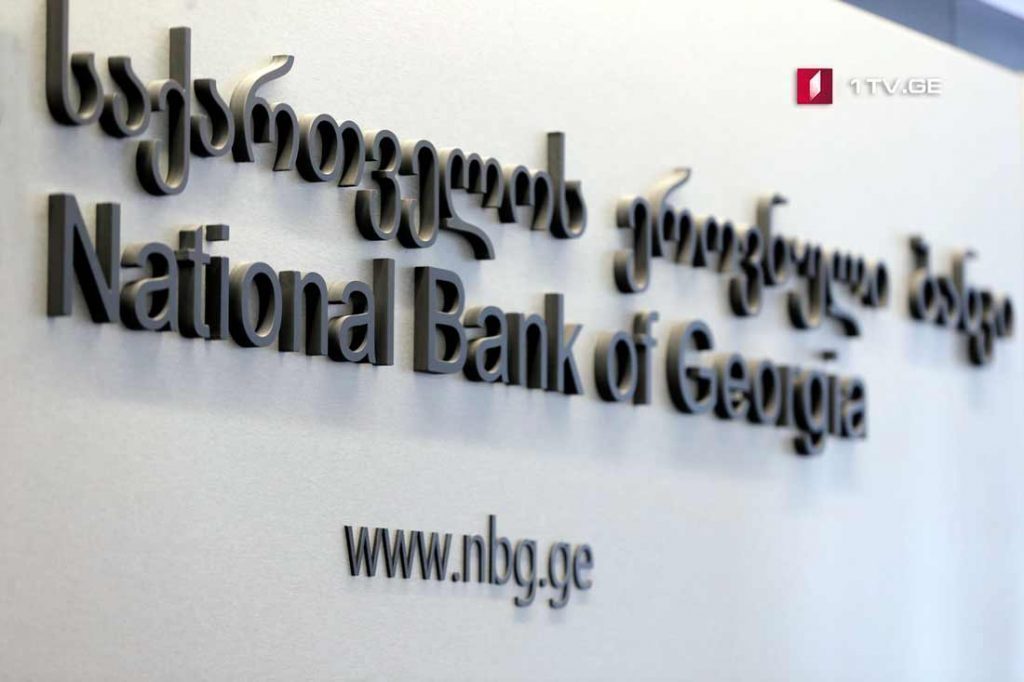NBG reduces monetary policy rate by 0.5 percentage points to 9 percent
On January 31, 2024, the Monetary Policy Committee of the National Bank of Georgia (NBG) decided to reduce the Monetary Policy Rate (refinancing rate) by 0.5 percentage points. The policy rate now stands at 9.0 percent.
In Georgia, a low inflation environment persists. Overall inflation increased by 0.4 percent annually in December, while core inflation stood at 1.9 percent. It is noteworthy that low inflation is a result of both domestic and external factors. On the one hand, due to tight monetary policy and lower inflation expectations, inflation of domestically produced goods follows a downward trajectory. In parallel, price pressures stemming from external shocks, such as those caused by the war and the pandemic, has significantly diminished, contributing to a lower overall inflation rate. Given the lower than expected inflation, coupled with reduced electricity prices, the National Bank of Georgia has reduced its inflation forecast for the current year. This somewhat also mitigates the medium-term risks associated with inflation. Other things equal, inflation is expected to remain below the target of 3 percent at the beginning of 2024 while stabilizing close to it in the medium term.
Alongside positive trends, inflationary risks are also noteworthy. The ongoing acute geopolitical environment significantly contributes to uncertainty related to shipping costs. Additionally, the domestic economic is also noteworthy in terms of its impact on inflation. The economic activity in the past year was robust – according to the latest forecast, the real GDP growth rate in 2023 was 7.0 percent. The National Bank of Georgia’s projections indicate that the real GDP has fully recovered to its pre-pandemic trend, and it is anticipated that economic activity in 2024 will gradually normalize in line with the growth rate of potential GDP estimated at 5 percent. However, inflationary pressures could re-emerge if there is a visible increase in aggregate demand relative to the economy’s overall potential, something that could happen in case credit activity further accelerates.
In light of the above-mentioned factors and the analysis of the current stance, the National Bank of Georgia continues exiting from its tight monetary policy, reducing the policy rate by 0.5 percentage points, down to 9.0 percent. It is worth noting that the granting of candidate status for Georgia by the European Union has visibly reduced the sovereign risk premium, which, other things equal, could result in a lower neutral policy rate. Hence, despite the recent policy rate cut, monetary policy remains tight. In addition, considering the risks outlined above that may create potential upward pressure on inflation, the NBG will continue only a gradual normalization of monetary policy. If factors amplifying inflation expectations become apparent, the NBG will maintain a tight monetary policy stance for a longer period or further tighten its policy.
The National Bank of Georgia remains vigilant in monitoring current economic processes and financial markets. It will implement all available instruments to ensure the stability of prices.
The next meeting of the Monetary Policy Committee will take place on March 13, 2024.
